Can You Rub Essential Oils on Your Skin
Essential oils have gained popularity for their various therapeutic benefits, but can you safely apply them to your skin?
We will explore the different methods of using essential oils topically, the benefits and risks of doing so, and the best oils for topical application.
Learn how to properly dilute essential oils, precautions to take, and potential safety concerns. Discover the dos and don’ts of using essential oils on your skin.
Key Takeaways:
What Are Essential Oils?
Essential oils are natural plant extracts that have therapeutic properties often used in aromatherapy and skincare. These oils are highly concentrated liquids derived from various parts of plants such as flowers, leaves, or roots, known for their healing and aromatic benefits.
Historically, essential oils have been used for centuries in different cultures for their medicinal and cosmetic purposes. The extraction of essential oils is typically done through methods like distillation, cold pressing, or solvent extraction, ensuring the preservation of their potent properties. The variety of essential oils available is extensive, each with its unique scent, composition, and healing characteristics. Popular essential oils like lavender, tea tree, and peppermint are widely known for their anti-inflammatory, antiseptic, and calming effects, making them versatile for various health and skincare applications.
How Are Essential Oils Used?
Essential oils are often used in conjunction with carrier oils to dilute their potency before topical application. The process of dilution ensures safety and proper usage of essential oils, enhancing their effectiveness and absorption into the skin.
What Are the Different Methods of Applying Essential Oils?
There are several methods for applying essential oils, including topical application, inhalation, and diffusion. When using essential oils topically, it is essential to dilute them with a carrier oil to prevent skin irritation and ensure proper absorption.
Topical application of essential oils is one of the most common and effective ways to experience their benefits directly on the skin. By diluting essential oils with a carrier oil like coconut, jojoba, or almond oil, you reduce the risk of adverse reactions and ensure that the oils are safely absorbed.
- Aromatherapy massage: Combining the benefits of touch and scent, this method involves diluting essential oils in a carrier oil and applying them during a massage.
- Compress: Using a cloth soaked in a mixture of diluted essential oils and warm water to apply to specific areas for targeted relief.
- Direct application: Applying a small amount of diluted essential oil to pulse points or affected areas for quick absorption.
Remember, proper dilution ratios vary depending on the oil and individual. It’s crucial to start with low concentrations and test a small amount on a small patch of skin to check for any reactions before broader application.
Can Essential Oils Be Applied Topically?
Yes, essential oils can be applied topically to the skin when properly diluted with a carrier oil. This method allows for the absorption of the oils’ beneficial properties through the skin, offering various health benefits and skincare advantages.
Is It Safe to Rub Essential Oils on Your Skin?
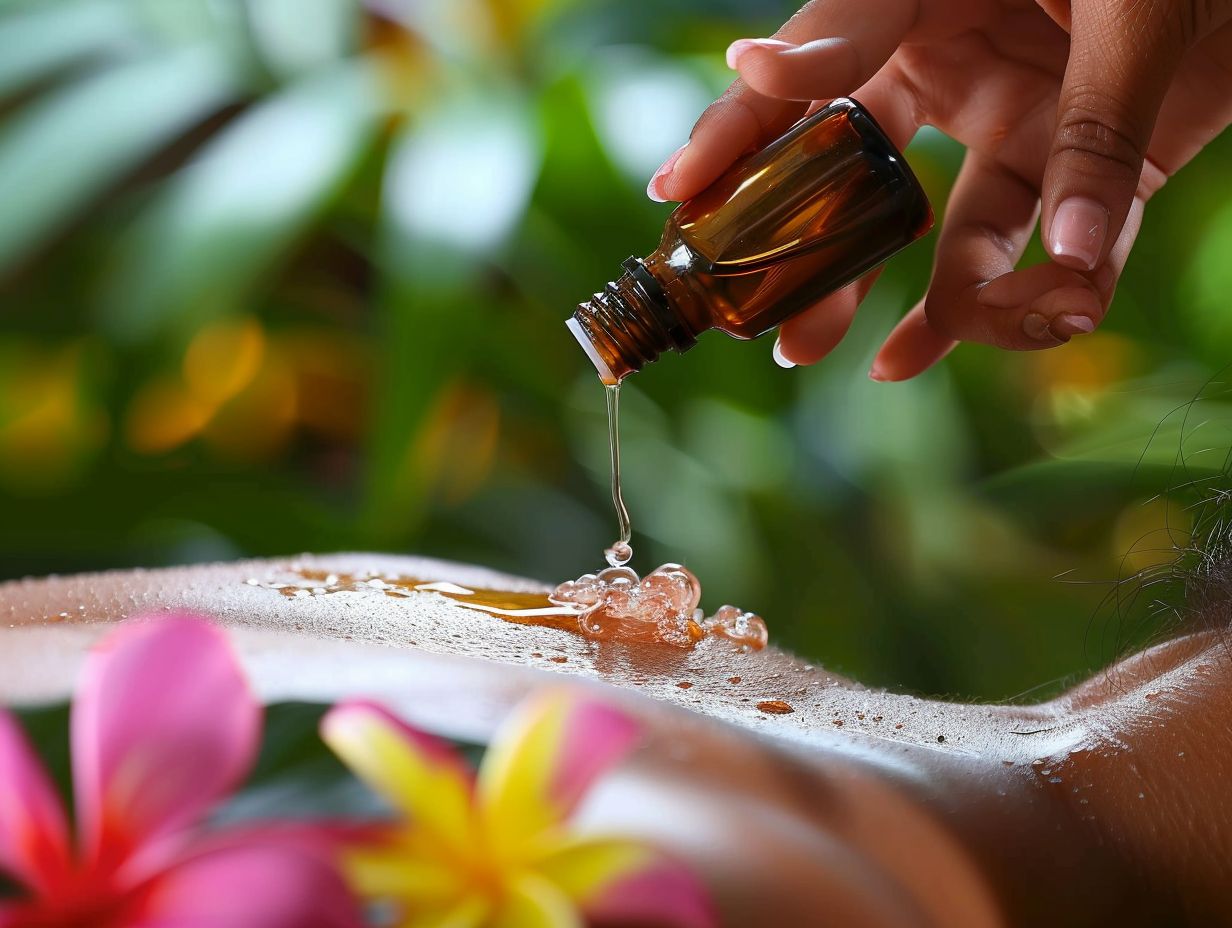
For those with sensitive skin, it is best to do a patch test before widespread application. To conduct a patch test, simply mix a small amount of diluted essential oil and apply it to a small area of skin, such as the inner arm. It is recommended to wait 24 hours to check for any adverse reactions before using the essential oil more extensively.
When applying essential oils, always remember to follow proper dilution ratios to avoid irritation or adverse reactions. A common dilution ratio for adults is around 2-3 drops of essential oil per teaspoon of carrier oil. Lavender and tea tree oil are generally considered safe for direct skin application, but even these should be diluted for individuals with sensitive skin.
What Are the Benefits of Applying Essential Oils Topically?
Applying essential oils topically can offer numerous benefits for skincare, including moisturizing effects, anti-aging properties, and promoting overall wellbeing. These oils can penetrate the skin to deliver therapeutic compounds that address various skin concerns.
Regarding moisturizing, oils like jojoba and argan are deeply hydrating without clogging pores, making them suitable for all skin types.
- Lavender oil, known for its calming properties, can help reduce redness and inflammation, making it beneficial for sensitive skin.
- For anti-aging benefits, rosehip oil is rich in antioxidants and Vitamin A, promoting collagen production and reducing fine lines and wrinkles.
- To target acne-prone skin, tea tree oil’s antibacterial properties can help clear up blemishes and prevent future breakouts.
Incorporating a variety of essential oils into your skincare routine can enhance the health and appearance of your skin, providing a natural and effective solution to common skin issues.
What Are the Potential Risks of Applying Essential Oils Topically?
While applying essential oils topically can be beneficial, there are potential risks such as skin irritation and allergic reactions, especially when oils are not properly diluted or if an individual has sensitivities. It is essential to be aware of these risks and take precautions.
One common mistake people make is applying essential oils directly onto the skin without diluting them, which can lead to irritation or even chemical burns.
- Proper dilution: Always dilute essential oils in a carrier oil before applying them to the skin. The general rule of thumb is to use 2-3 drops of essential oil per teaspoon of carrier oil.
- Allergy testing: Conduct a patch test on a small area of skin to check for any adverse reactions before widespread use.
- Sun sensitivity: Some essential oils can make your skin more sensitive to sunlight, so avoid sun exposure after applying photosensitive oils like citrus oils.
What Are the Best Essential Oils for Topical Use?
Several essential oils are ideal for topical use in skincare due to their natural healing properties and therapeutic benefits. Each oil offers unique advantages for addressing skin concerns and promoting overall skin health.
What Are the Uses and Benefits of Each Essential Oil?
Each essential oil boasts distinct uses and benefits for skincare and health. From anti-inflammatory properties to anti-aging benefits, these oils provide a natural and effective way to address various skin concerns and enhance overall wellbeing.
For instance, Lavender essential oil is known for its calming and soothing properties, making it ideal for reducing skin irritation and promoting relaxation. On the other hand, Tea Tree oil is renowned for its antibacterial and acne-fighting capabilities, making it a go-to option for blemish-prone skin. Additionally, Frankincense oil is prized for its ability to reduce the appearance of scars and fine lines, while also promoting skin cell regeneration. Each oil offers a unique set of benefits, allowing individuals to tailor their skincare routines to their specific needs.
How Do You Properly Dilute Essential Oils for Topical Use?
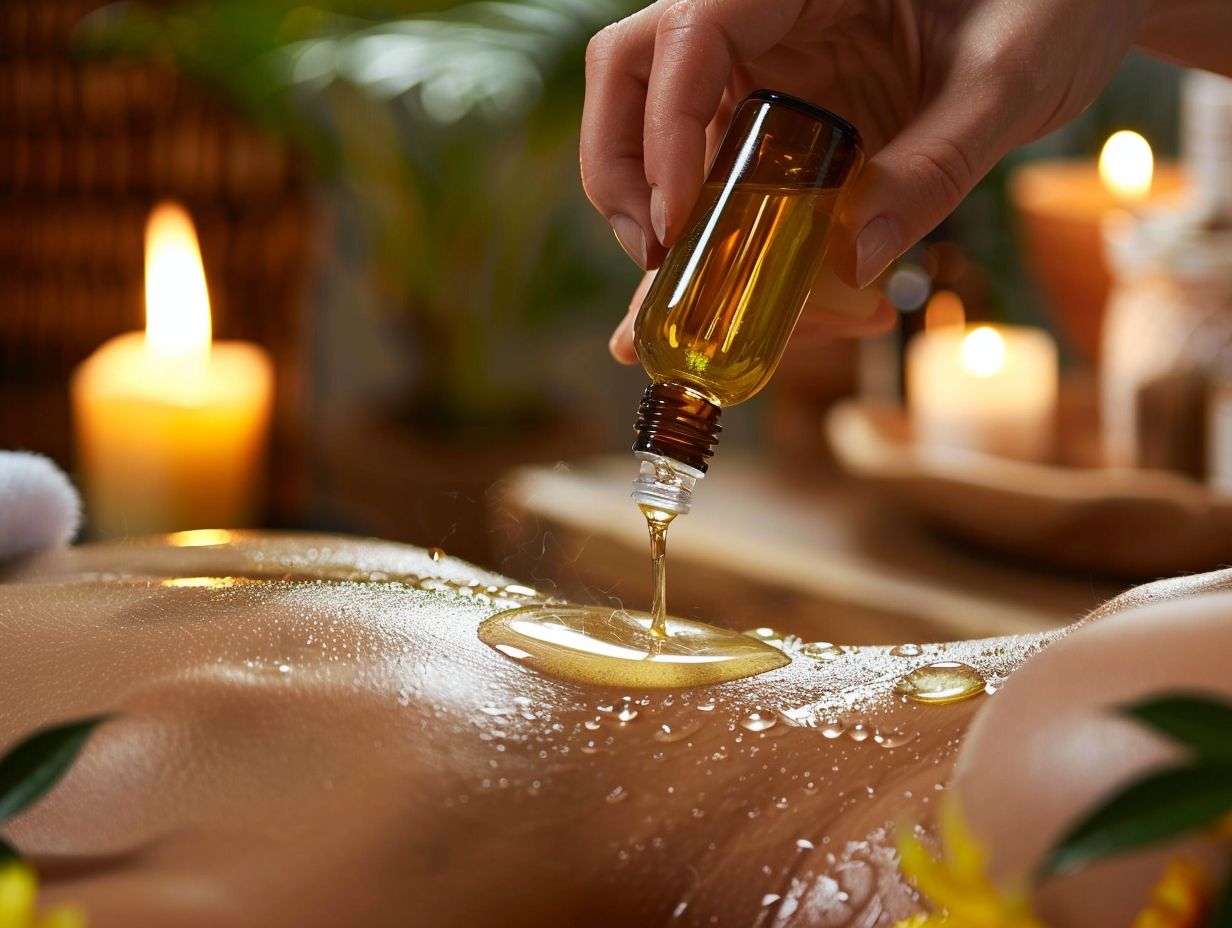
Proper dilution of essential oils for topical use involves combining them with carrier oils in appropriate ratios. This dilution process ensures the safe and effective application of essential oils for skincare, promoting natural and holistic skincare practices.
Essential oils are highly concentrated plant extracts that need to be diluted before direct contact with the skin to prevent irritation or adverse reactions. The use of carrier oils, such as jojoba, almond, or coconut oil, not only helps in reducing the potency of essential oils but also aids in better absorption and distribution on the skin.
Maintaining the correct dilution ratios is crucial to avoid sensitization and sensitivity issues. A general rule of thumb is to dilute essential oils between 1-3% for normal adult topical applications, with further dilution required for children, elderly individuals, or those with sensitive skin.
Are There Any Precautions to Take When Using Essential Oils Topically?
When using essential oils topically, it is essential to take certain precautions to ensure safety and maximize the health benefits. These precautions include proper dilution, allergy testing, and consideration of individual skin concerns.
Can Essential Oils Be Absorbed Through the Skin?
Essential oils can be absorbed through the skin when applied topically, allowing for the direct delivery of their therapeutic compounds into the bloodstream. This absorption method enables the oils to exert their health benefits effectively.
What Are the Safety Concerns When Using Essential Oils Topically?
Safety concerns when using essential oils topically revolve around the proper dilution and application to avoid skin irritations and sensitivities. Understanding individual skin types and reactions is crucial in ensuring safe and effective use of essential oils.
Can Essential Oils Cause Skin Irritation or Allergic Reactions?
Essential oils have the potential to cause skin irritation or allergic reactions, particularly when used in undiluted form or in individuals with sensitivities. Properly diluting essential oils with carrier oils and conducting skin tests can help mitigate these risks.
Frequently Asked Questions
Can You Rub Essential Oils on Your Skin?
Yes, you can rub essential oils on your skin. However, it is important to dilute them properly and perform a patch test before applying them to larger areas of your skin.
How do you properly dilute essential oils for skin application?
To properly dilute essential oils for skin application, mix 1-2 drops of essential oil with a carrier oil such as coconut, almond, or jojoba oil. This will help prevent any potential skin irritation.
Are there any essential oils that are not safe for skin application?
Yes, some essential oils can be too harsh for direct skin application and may cause irritation. These include cinnamon, clove, and wintergreen oils. It is important to always do your research and check for any potential skin sensitivities before using essential oils.
Can essential oils be applied directly to the skin without dilution?
In general, it is not recommended to apply essential oils directly to the skin without dilution. Some essential oils can be used in small amounts on specific areas, such as a drop of tea tree oil on a pimple, but it is important to dilute for overall skin application.
What is a patch test and how is it done?
A patch test is a way to test for any potential skin sensitivities to essential oils. To do a patch test, mix a drop of essential oil with a carrier oil and apply a small amount to the inside of your wrist. Wait 24 hours and if there is no reaction, the oil should be safe for use.
Can essential oils be used on all skin types?
Not all essential oils are suitable for all skin types. Some oils may be too drying for dry skin, while others may be too harsh for sensitive skin. It is important to research and choose essential oils that are safe and beneficial for your specific skin type.

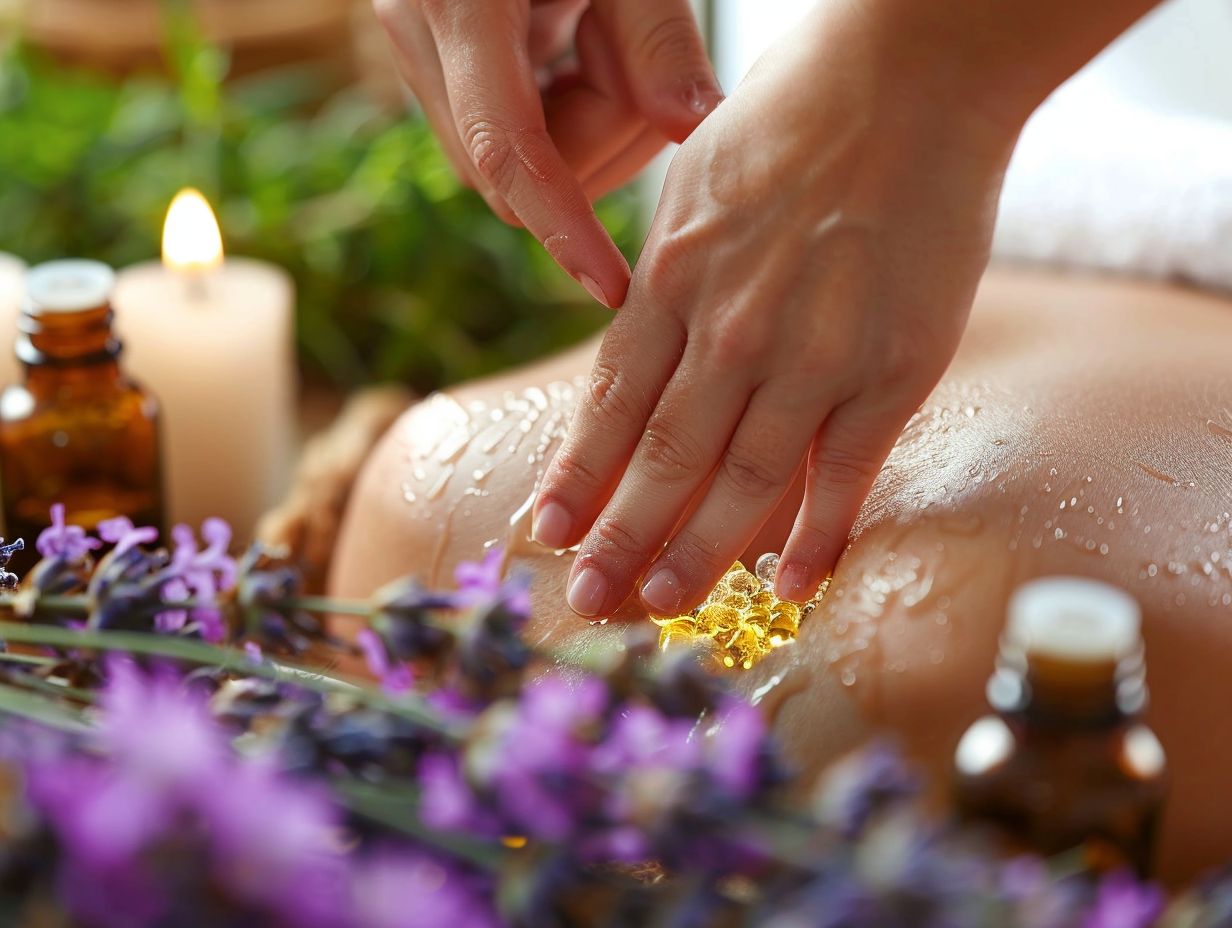
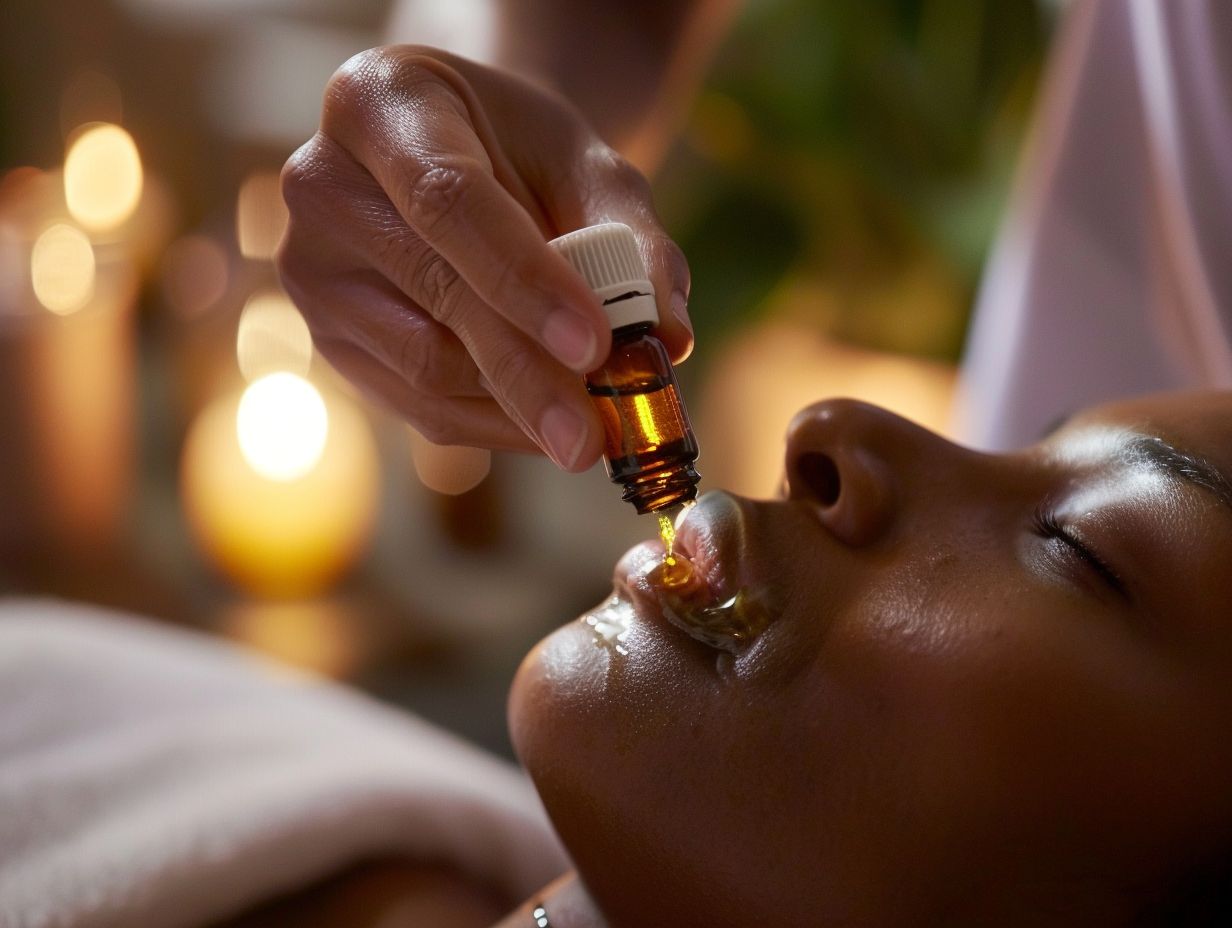


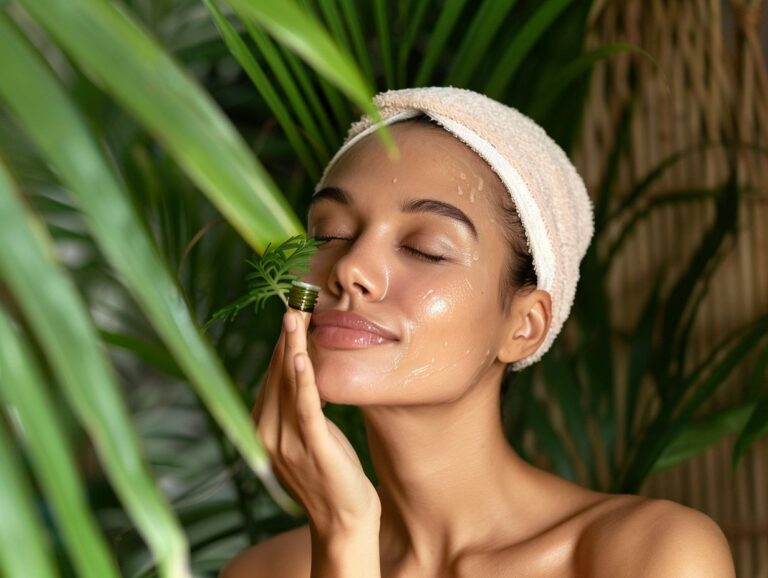
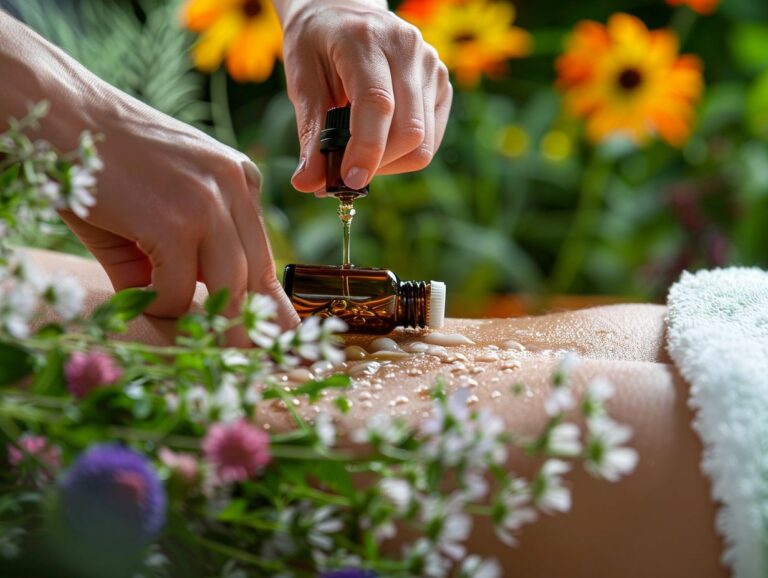
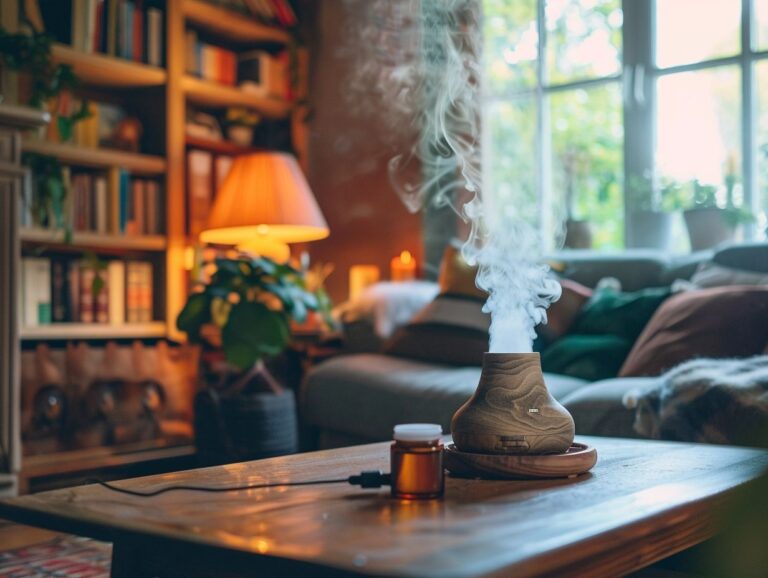
One Comment